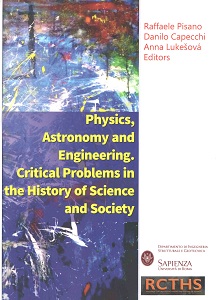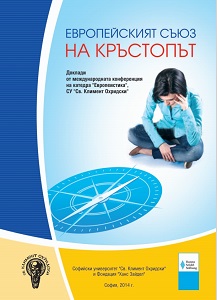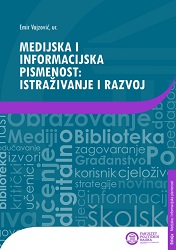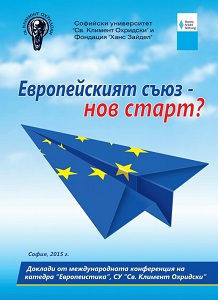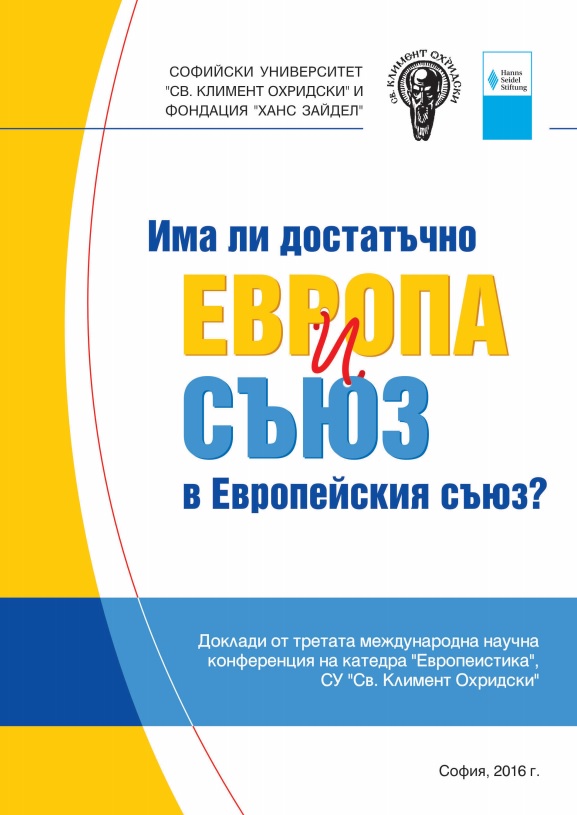Author(s): Jasna Bacovska Nedikj,Ljubinka Andonovska / Language(s): English
Publication Year: 0
The communications sector in general and, in particular, the media within the EU are receiving at least a bivalent treatment. On one hand, they inevitably represent cultural identity, and on the other hand, they must be considered a product of the European market. Community policies in this regard are a result of difficult compromises by power players on international, inter- and intra-institutional levels. Consequently, there is a lack of coherency in the approach and activities, even within the same institution. Namely, six different directorates of the European Commission hold some authority on different aspects of communication, even though media policy is most often initiated not by the Commission or the Council, but by the European Parliament, with the aim of advancing European integration. Significant inconsistencies appear in implementing strategies for dealing with new media channels, as well. The institution that played a crucial role in the not so intensive development of the European community’s media policy, especially with regards to broadcasting, borderless television and other audiovisual issues, is the European Court of Justice, through several extremely important rulings. However, the activities of the European Commission were crucial for the swift progress of the plan for liberalization of telecommunications and, particularly, recognizing the early benefits of information society. Evidently, the numerous debates on the information society within the EU are initiated, or, at least, strongly influenced by the expert public. Finally, the influence of some national and international organizations, including the European Conference of Postal and Telecommunications Administrations, the European Multimedia Forum, the European Telecommunication Standards Institute, the European Broadcasting Union, etc., should not be underplayed. There are serious arguments proving that these organizations are an extremely efficient framework for cooperation and coordination with an inevitable influence on European policy in the media sphere.
More...
